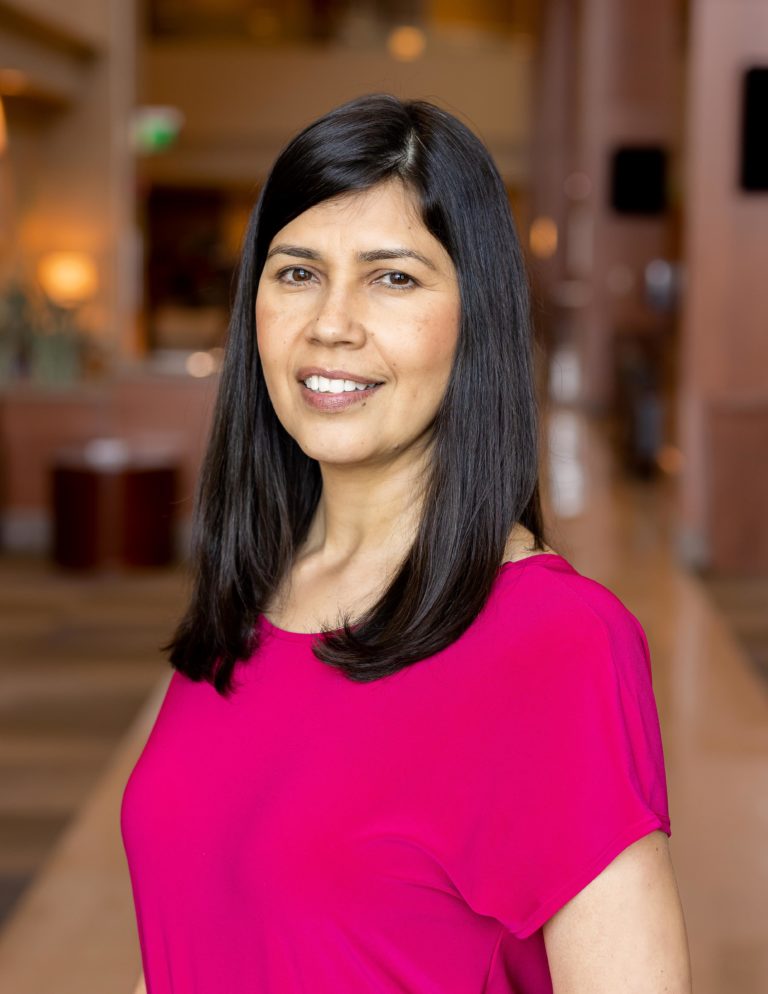Isabel Bolanos earned a BA in applied psychology and an MSW with an emphasis in mental health from the University of Illinois at Chicago. Currently, she is a candidate for the Doctor in Social Work program at the University of Kentucky. As an oncology clinical social worker at the Center for Cancer Support Services in Chattanooga, she is a member of the Commission on Cancer Committee, where she collaborates with a multidisciplinary team to eliminate barriers to care. Previously, she worked at a high-security prison in GA as the Acute Care Unit Coordinator and as a behavioral therapist in an integrated healthcare clinic in IL. Additionally, she has experience in school-based and home-based counseling services. She is a trauma-informed practitioner and incorporates trauma-focused CBT and EMDR in practice. With nine years of experience in inpatient and outpatient psychosocial services, she brings innovative counseling strategies to assist patients in identifying strengths to improve their depressed mood, lower anxiety levels, and decrease the negative impact of trauma. She volunteers in different community projects to fulfill her commitment to service. She has been a volunteer field instructor for several universities, supervising students in social work and counseling programs since 2018. She understands the gap in field instruction supervision models and is interested in developing a model to support field instructors and students during their practicum. Similarly, she is interested in developing a cancer care curriculum to prepare students interested in completing their internship in oncology settings. In her free time, she enjoys outdoor activities with her family.
DSW Showcase Student Presentation
Home DSW Candidates Isabel Bolanos

Isabel Bolanos
BA, MSW, LCSW
A Model for Field Instruction Supervision: A Conceptual Approach Grounded on Attachment and Anti-Oppressive Theories
Concentration - Social Work Education
- Tuesday, April 29, 2025 -
- 4:00 pm
Abstract
Field instruction has been recognized as social work’s signature pedagogy because it provides avenues for implementing the explicit and implicit curriculum while introducing students to the field of social work (CSWE, 2008). In addition, the CSWE (2015) notes that field instruction is as necessary as classroom curricula. Consistently, empirical data demonstrates that students perceive field placement as the most critical experience during their academic career (Moore et al., 2004; Cleak & Smith, 2012; Gushwa & Harriman, 2019; Farber & Reitmeier, 2019; Bogo et al., 2022). However, insufficient empirical data is available to guide field instructors in implementing evidence-based supervision approaches (Bogo et al., 2022).
Field instruction supervision is necessary because it ensures the formative process of new generations of social workers. However, empirical research indicates that discordant field instructors and student dyads can result in the termination of field placement (Bennett & Sacks, 2019). Educational organizations need to be proactive in facilitating standardized training for field instructors to prevent burnout and ensure the development of new generations of social workers. In addition, researchers need to partner with students to further the scholarship of teaching and learning in field instruction. This presentation explores a field instruction supervision model grounded in attachment and anti-oppressive theories. This model incorporates strategies to foster relationships to strengthen the field instructor-student dyad, pedagogical tools to promote skill development and support, pedagogical and just practices to deconstruct whiteness, and technological tools to provide student feedback.

